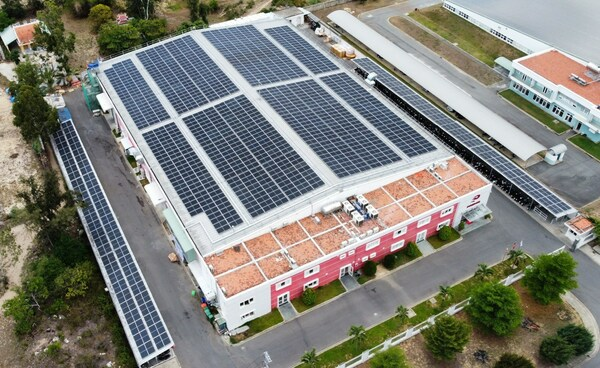Minister of State for Power Ali Pervaiz Malik reiterated the government’s commitment to pursue renewable energy projects in a brief video message on Wednesday while categorically denying any decision to impose duty or tax on solar panels.
Malik’s statement came as local media outlets reported that the administration in Islamabad had decided to amend the net metering regulations to impose new tariffs on the sale and purchase of solar energy produced by users. These reports also claimed the government was planning to impose a fixed tax on those who have installed solar panels.
Net metering is a billing mechanism that allows consumers who generate their own electricity, usually through solar panels, to feed any excess electricity back into the grid. Pakistan officially introduced the system in 2015, prompting a significant number of its citizens to generate their own electricity amid rising power tariffs.
“Prime Minister Shehbaz Sharif is committed to renewable energy projects,” Malik said in his message.
“So far, there has been no decision related to the imposition of any tax or duty on solar panels or to generate money by imposing a tax on electricity production by people who have installed these panels,” he added.
The minister said any revision to the policy would be done through consultations and by keeping the prime minister’s Green Pakistan Initiative in mind.
Pakistan has set an ambitious target to generate 60 percent of its energy from clean and renewable energy sources by 2030.
The goal is part of a broader strategy to transition toward sustainable energy, which includes a significant push for solar and wind power development, given the country’s substantial potential in these areas.
Additionally, Pakistan plans to have 30 percent of its vehicles running on electricity by the same year, aligning with global environmental targets and efforts to reduce reliance on fossil fuels.
The Green Pakistan Initiative, primarily aimed at agricultural and environmental improvements, also indirectly supports power production through sustainable energy practices and infrastructure development.

